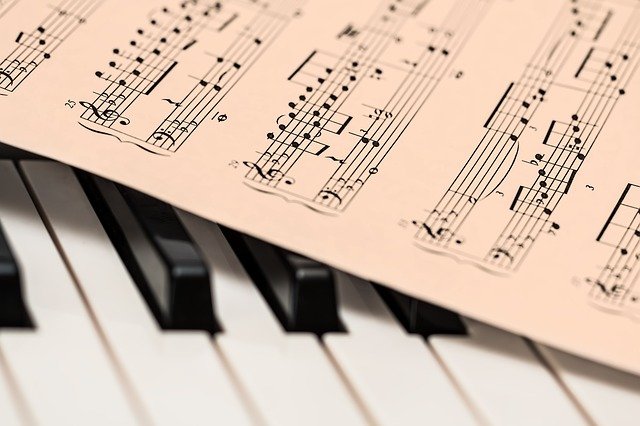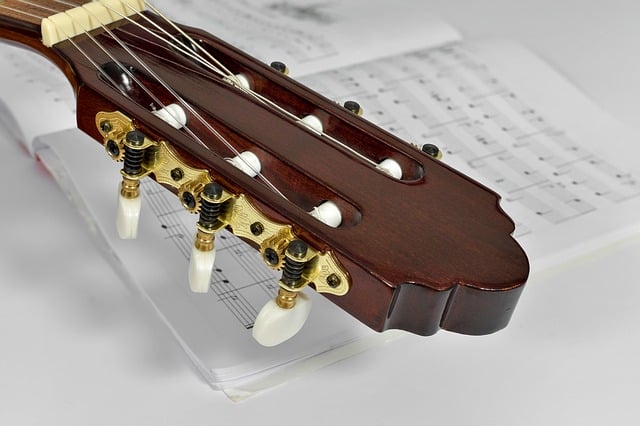
The musical pulse consists of pulsations that are constantly repeated and that allow time to be divided.
Pulse is a term that derives from the Latin pulsus and has various uses. In the field of music , the pulse is a unit that allows the measurement of time . The musical pulse , therefore, consists of a series of constantly repeated pulses that divide time into identical fragments.
The pulse is usually regular, although it can be modified within the same song. This means that, within the framework of a work , the pulse can be slowed or accelerated.
What is musical pulse
The musical pulse can be understood as the signals that reflect the rhythm of the music and that allow a comparison to be established between the silences and the notes that make up a piece. In this way, the pulse functions as a structure that collaborates in perception and understanding by the listener.
We can say that the musical pulse, therefore, is like the human pulse, a regular beat, since it is a constant rhythmic condition. It is determined by two fundamental factors such as the duration of the entire song itself and, of course, its time.

The tempo of a song is determined by the musical pulse.
Related concepts
Closely related to the term musical pulse are other concepts that are basic when analyzing a composition of this type. Specifically, one of those is the accent, which refers to the greater intensity that occurs in that pulse or in a specific note. The accent is considered to be the first beat of each measure and stands out for being repetitive and for occurring in a cyclical or periodic manner.
On the other hand, we come across the aforementioned compass, which is the division that is made of a composition. This division is carried out into rhythmic fragments that are similar and have the same number of pulses or beats among themselves. In the scores, each measure is delimited thanks to vertical lines, which are known as measure dividing bars.
If we leave theory aside and focus on a colloquial explanation, we could say that the pulse is what, in a song, is marked by applause or the rhythmic movement of the foot .
Musical pulse and tempo
The notion of tempo is associated with the number of pulses per minute. When the tempo is higher, the work will contain a greater number of beats per minute. This means that the interpretation of the piece in question must be quick.
The rhythm of a work, in short, is given by how long the notes last and by their location in space according to the pulse. The musical pulse, in turn, determines the tempo of the song , whether slow, medium or fast.
Colloquially, the term musical pulse is used to refer to the duel carried out by two people and which basically consists of singing a song together in order to demonstrate their vocal qualities and their artistry. Logically, as in any duel, there will be a winner, whoever is determined in this case by a jury.
